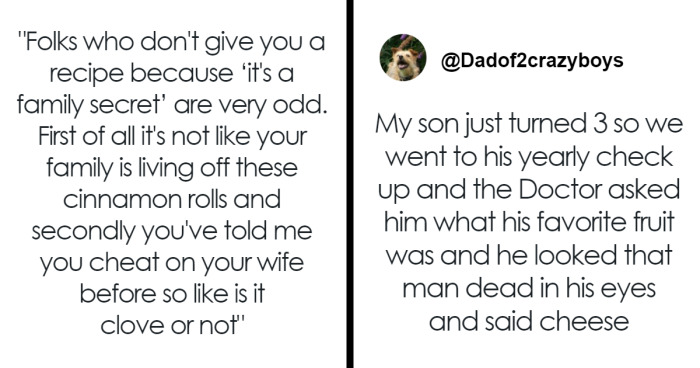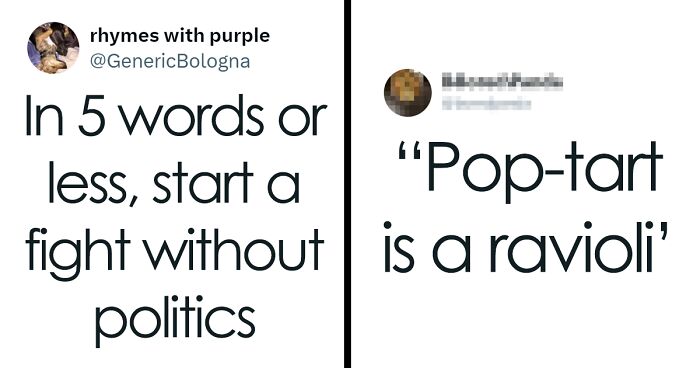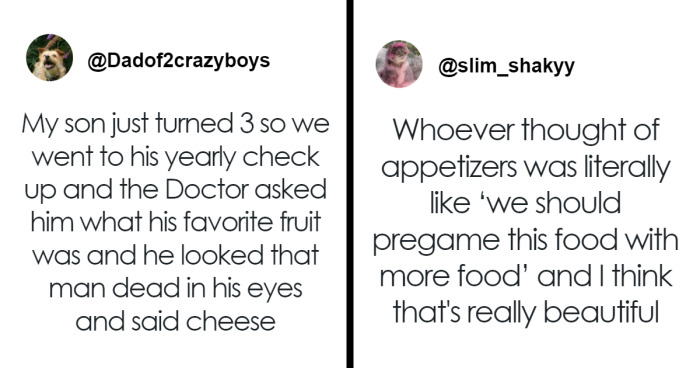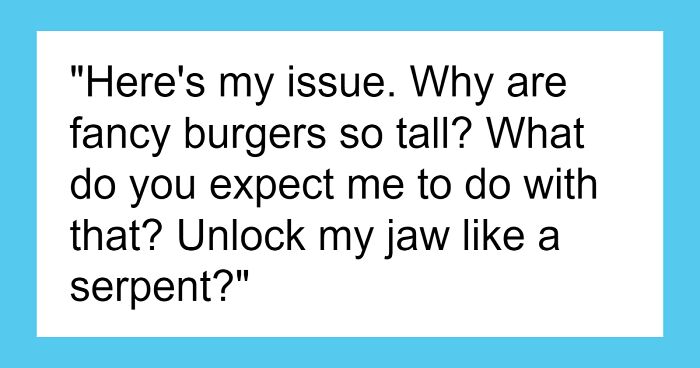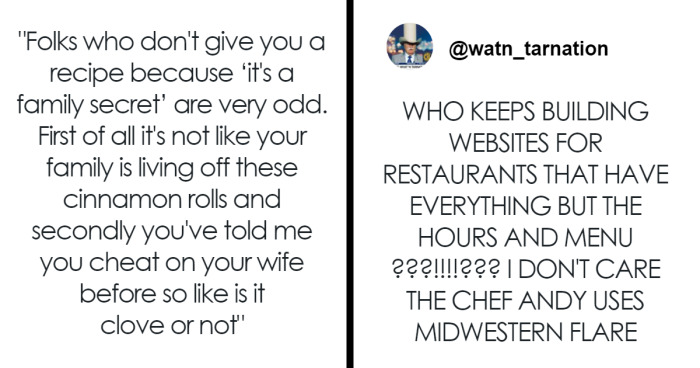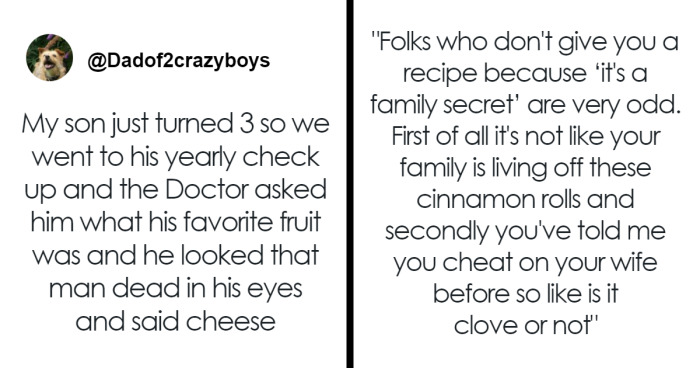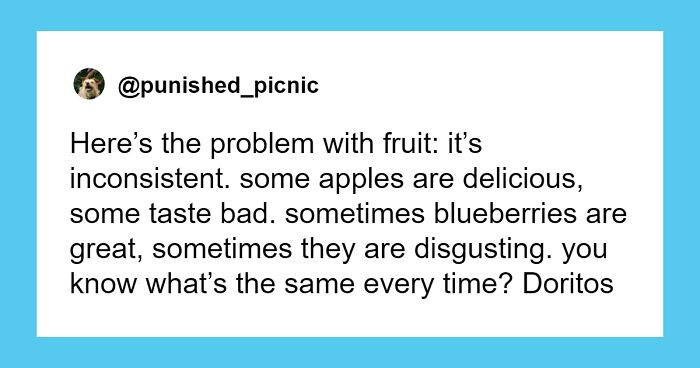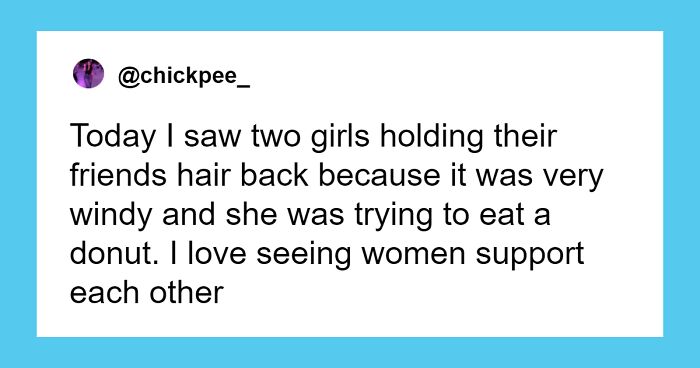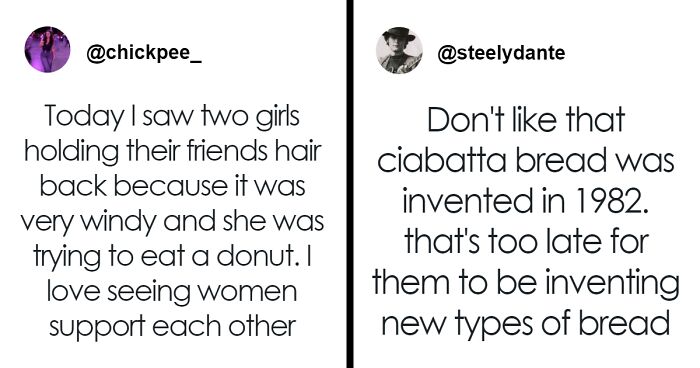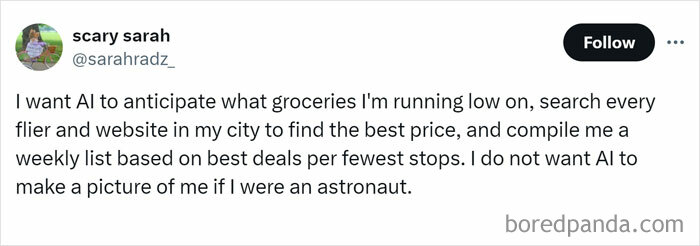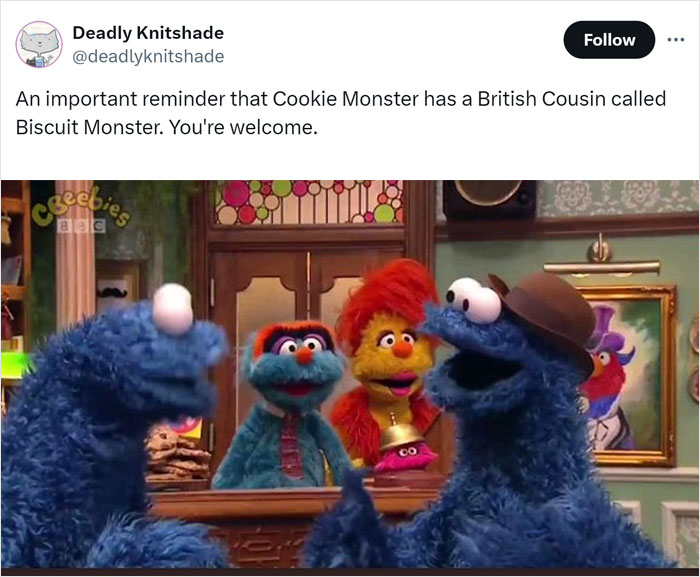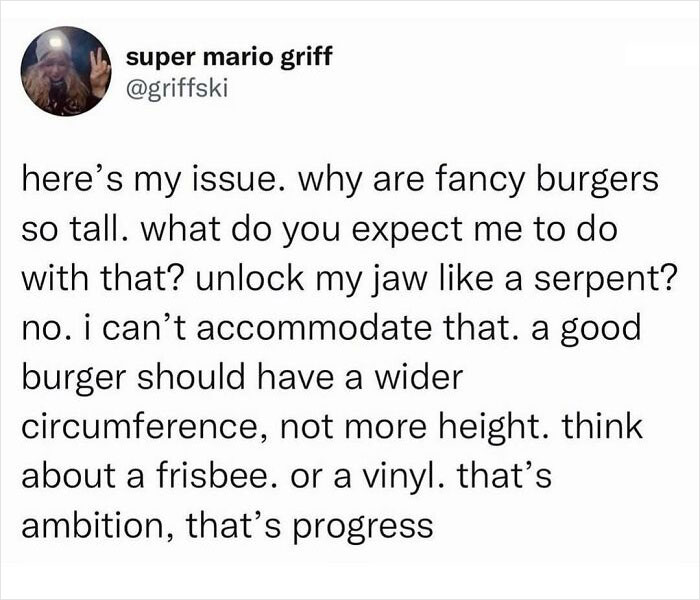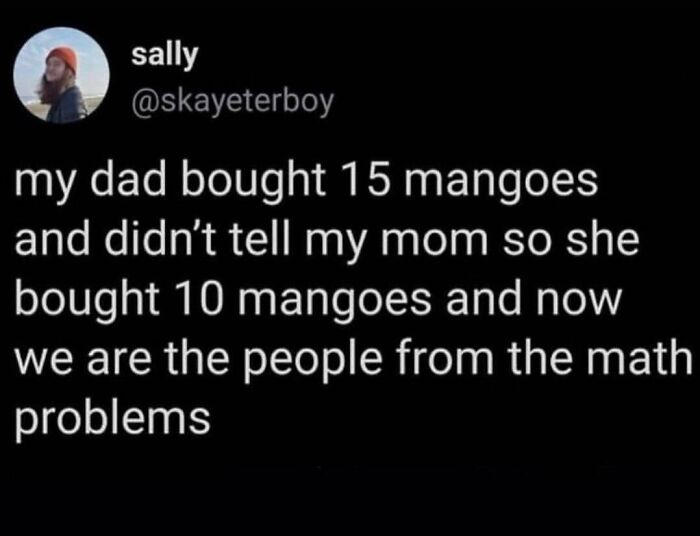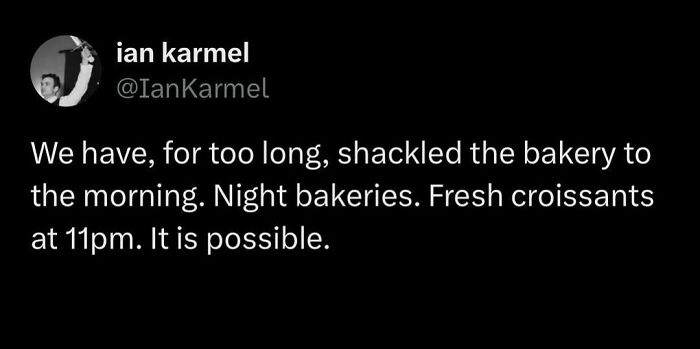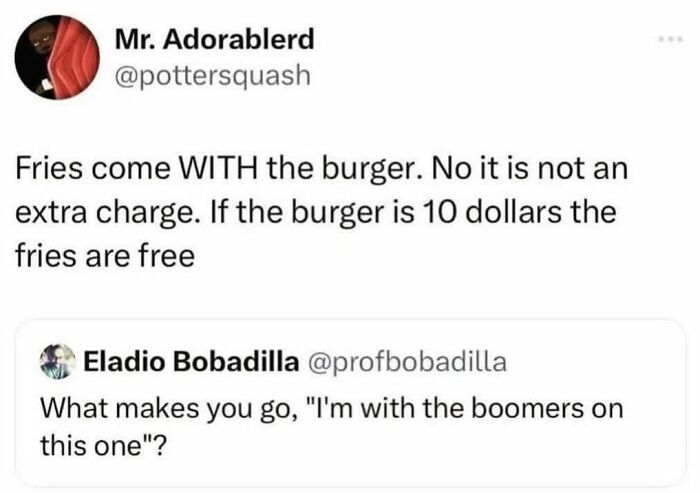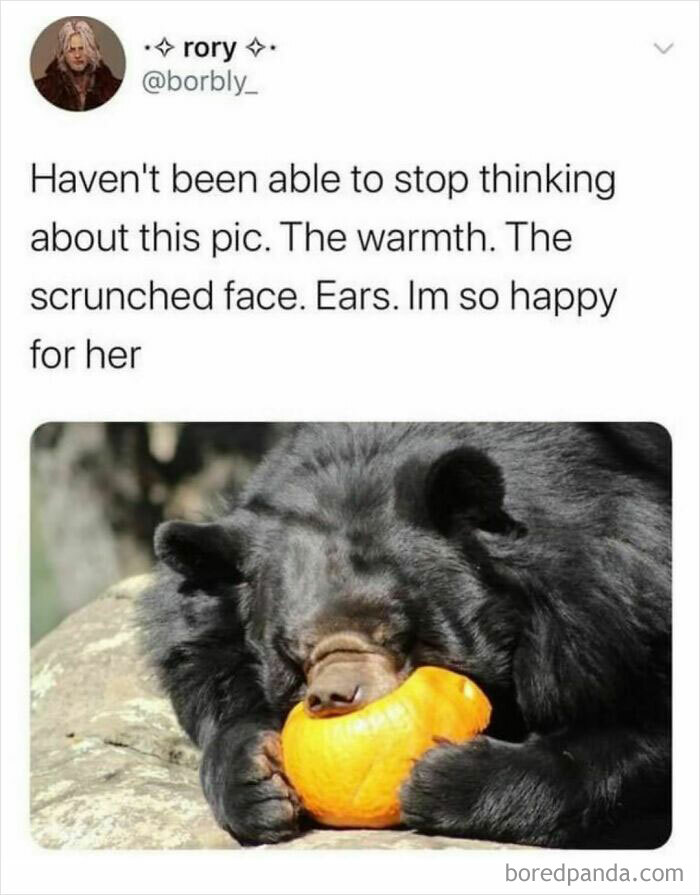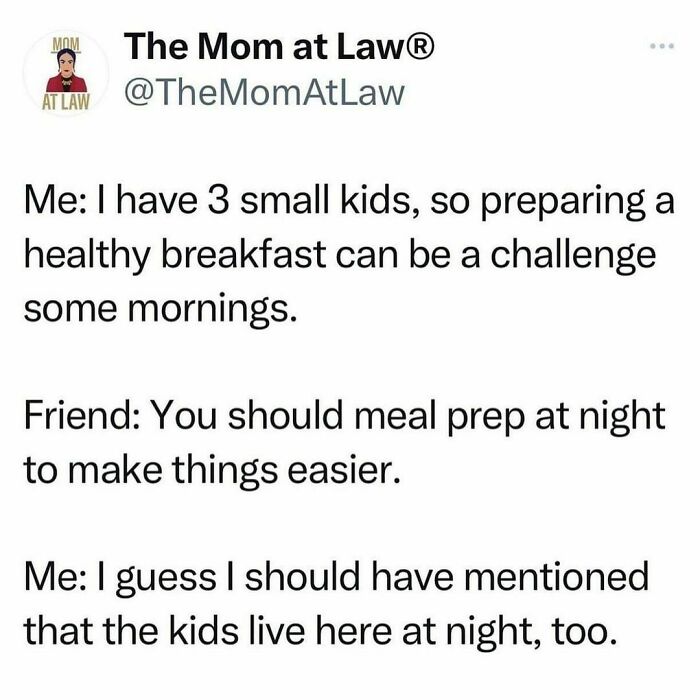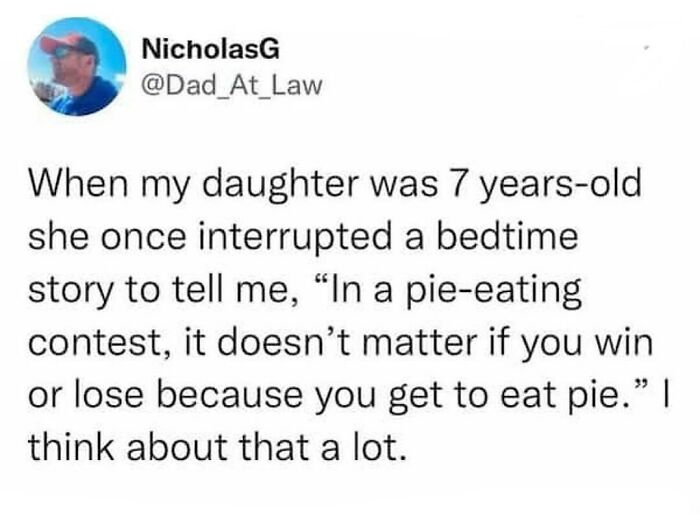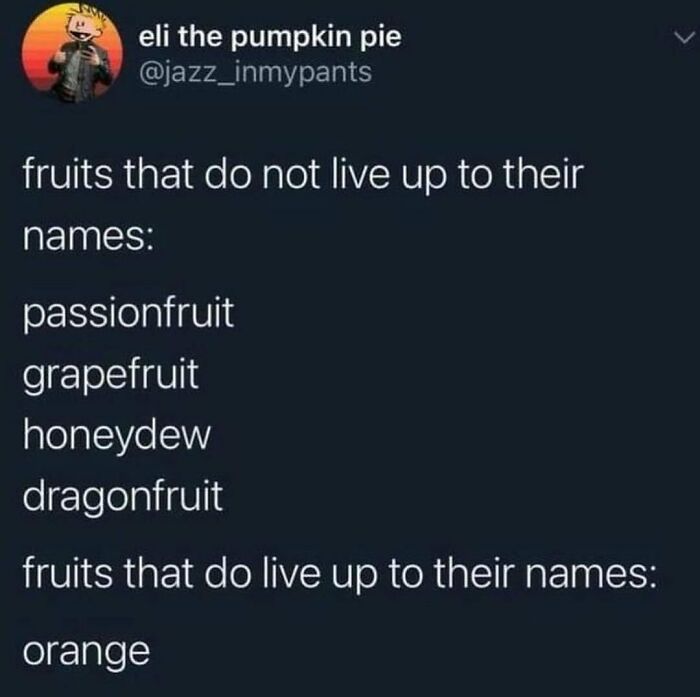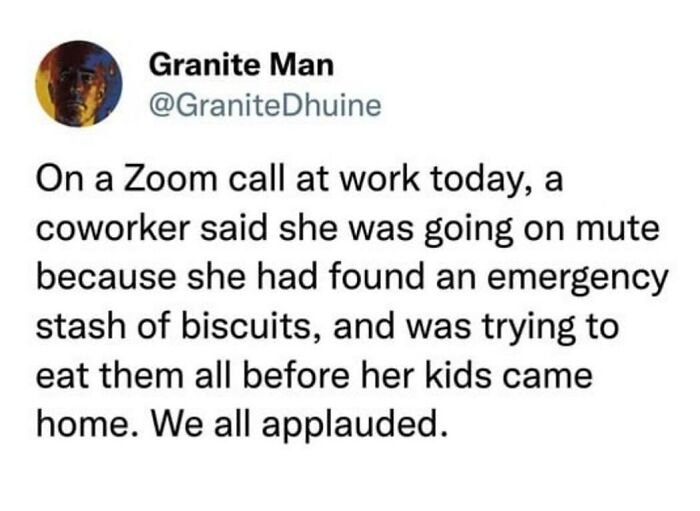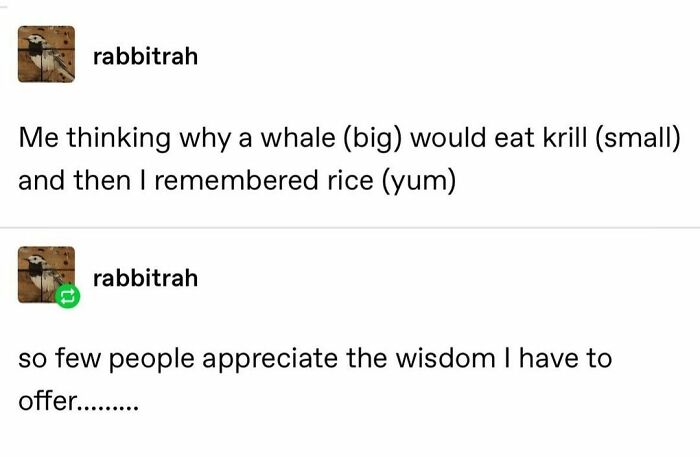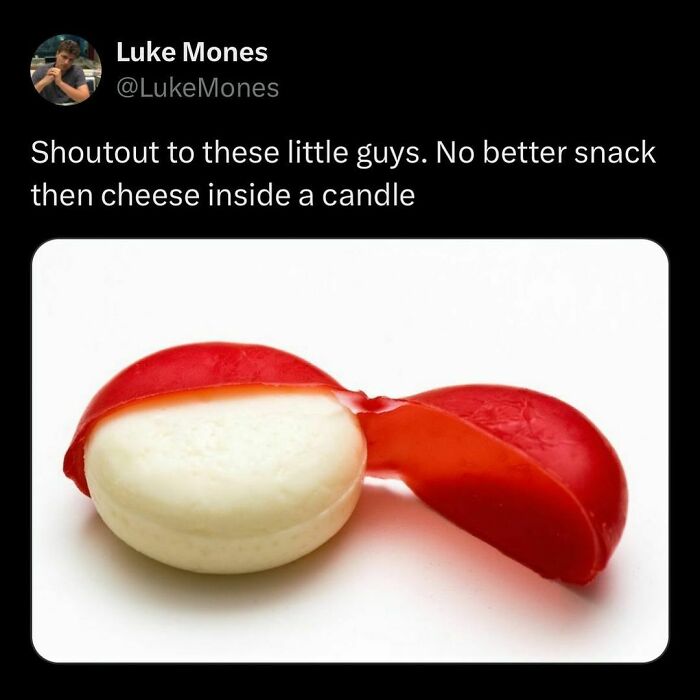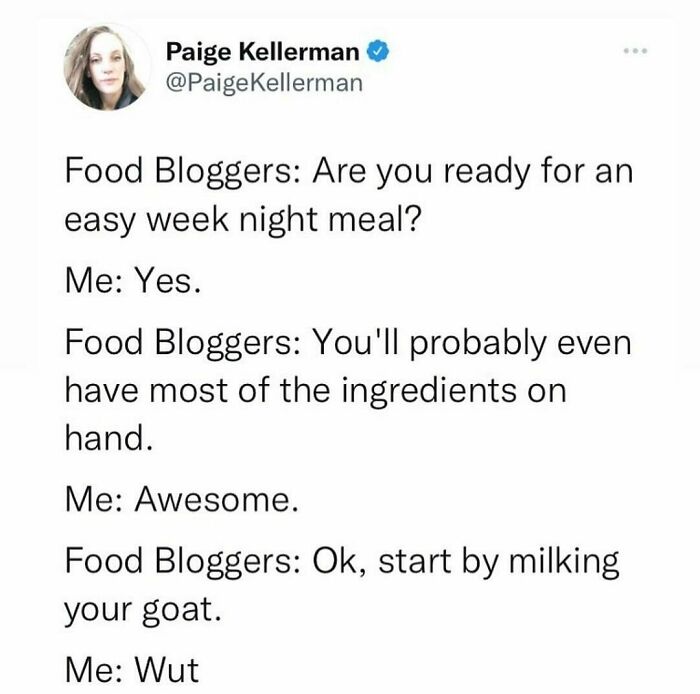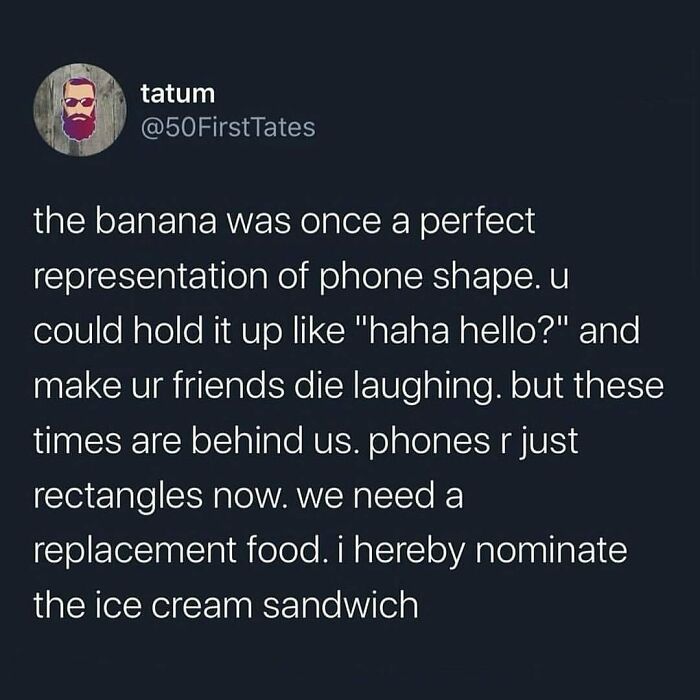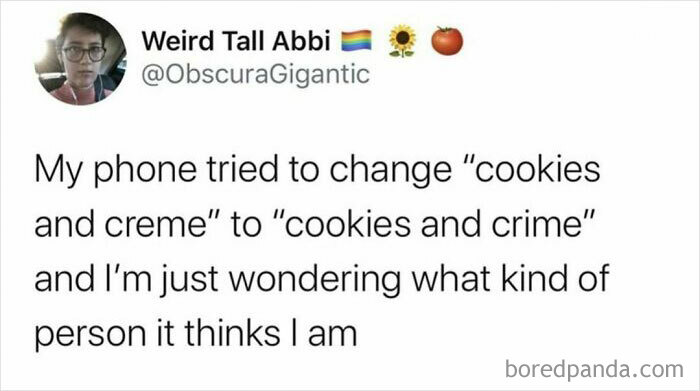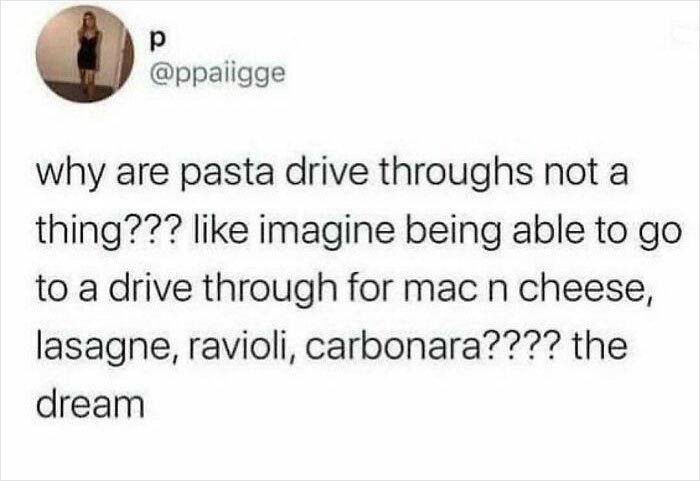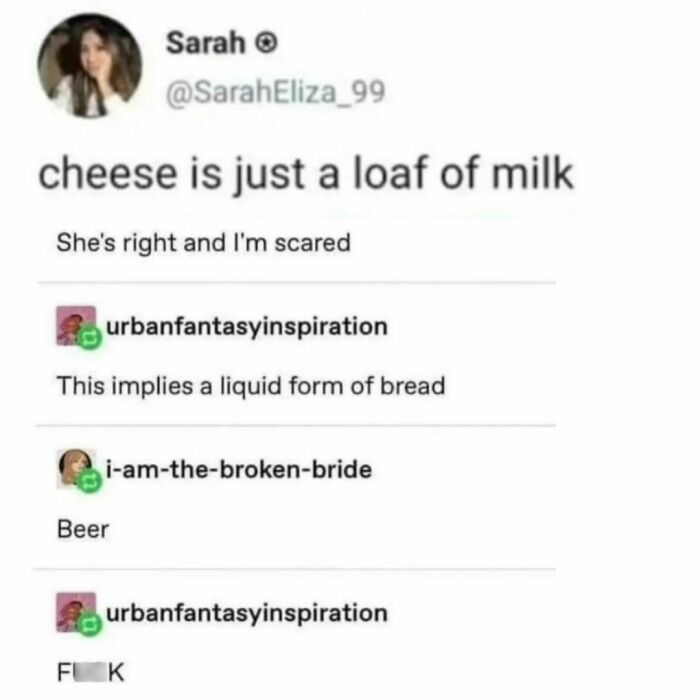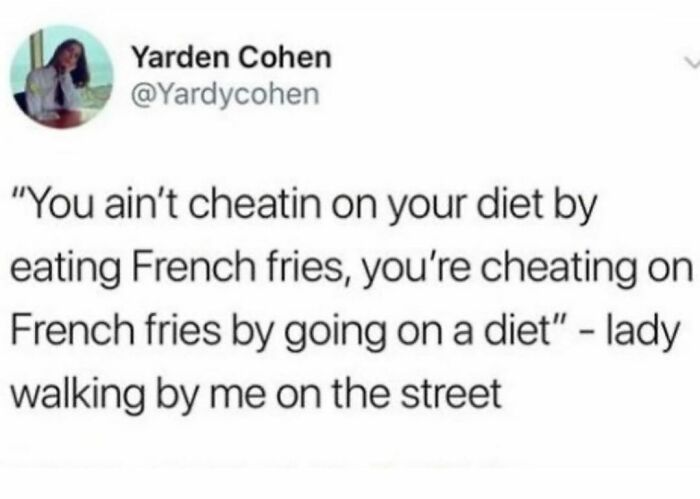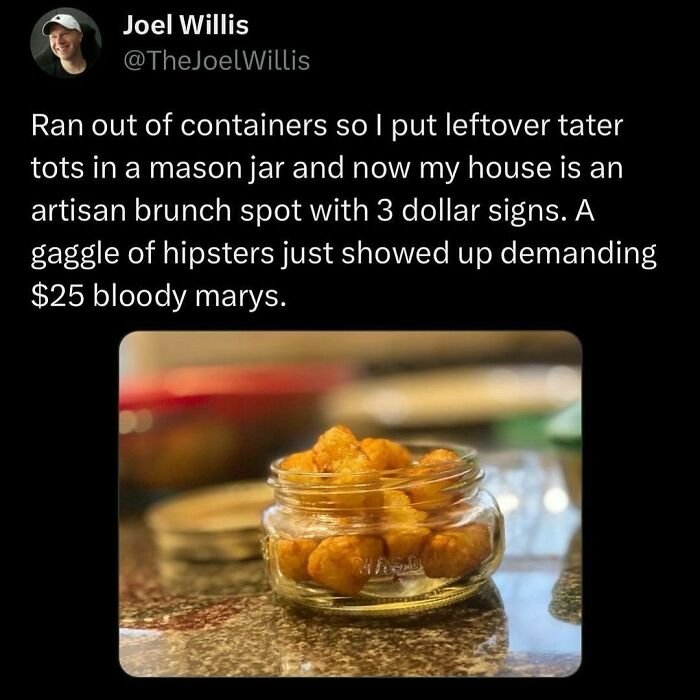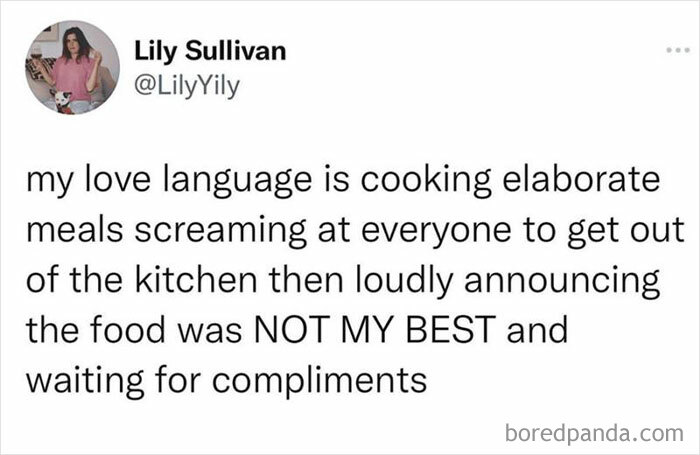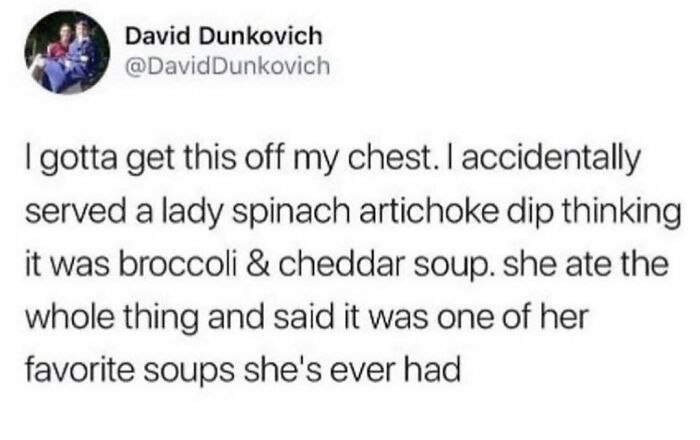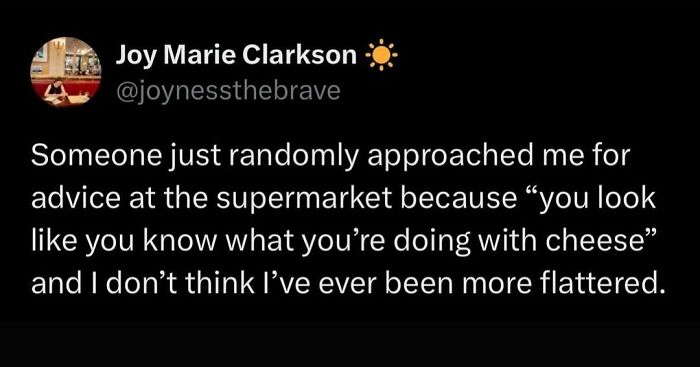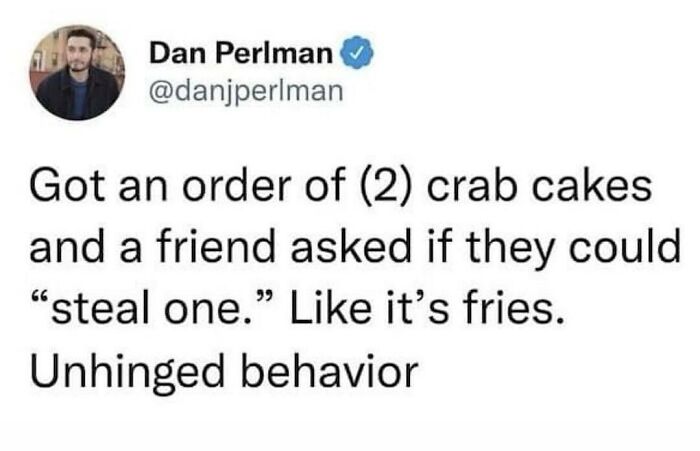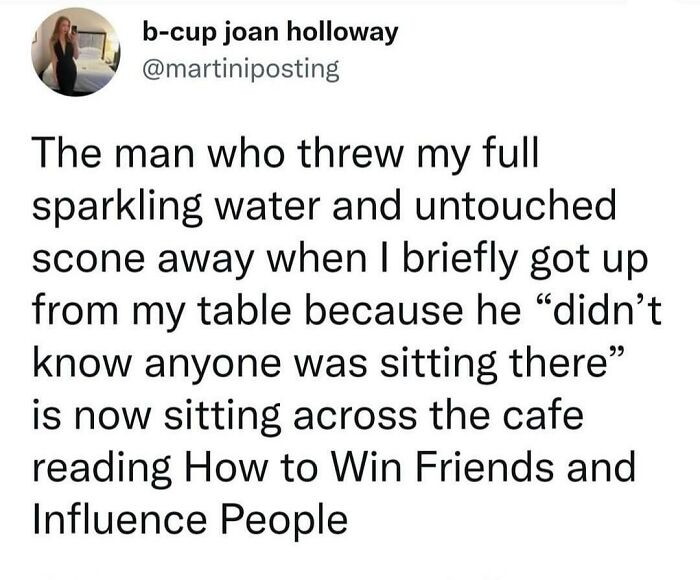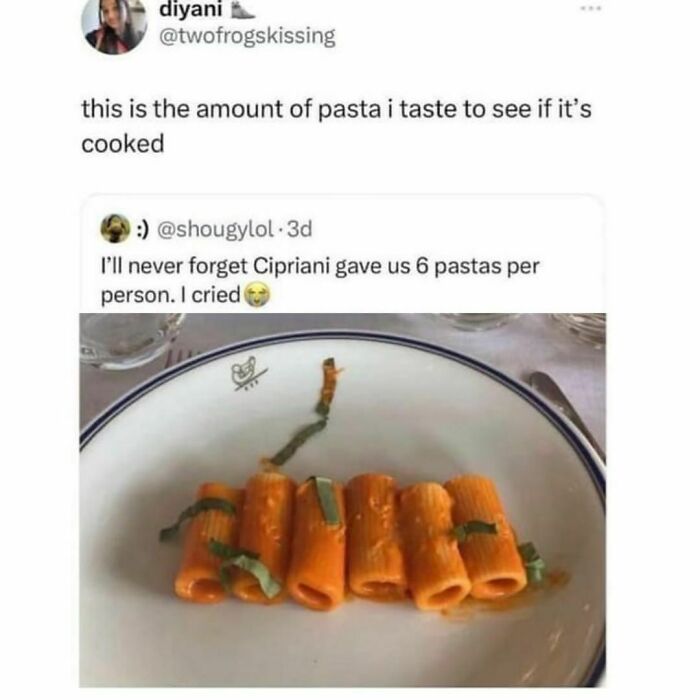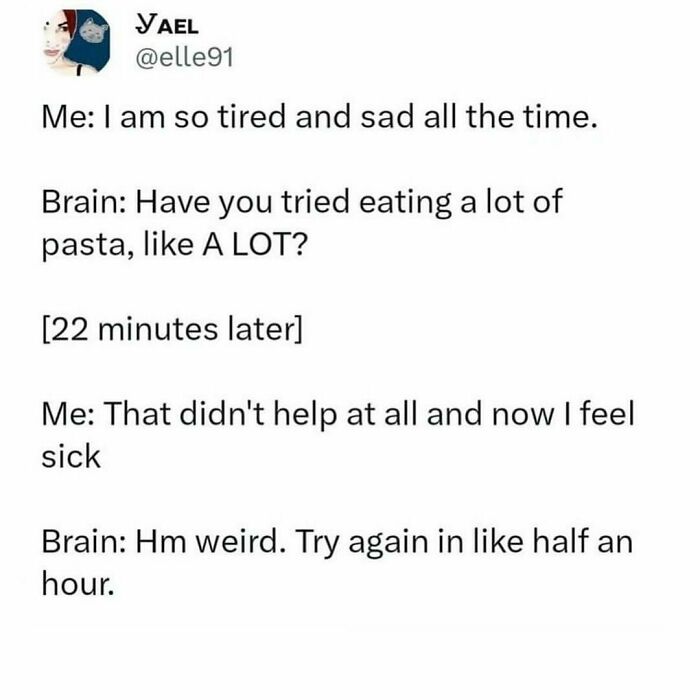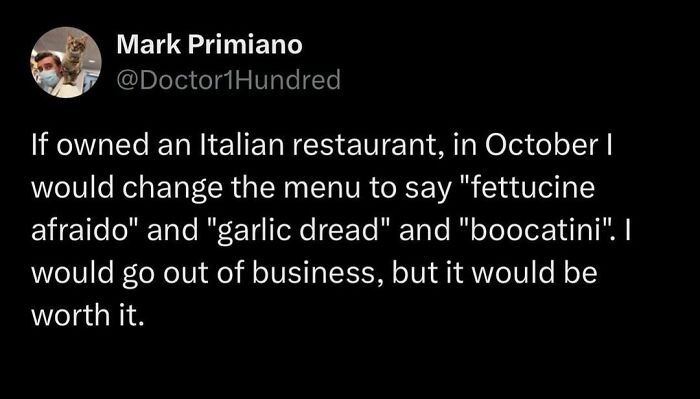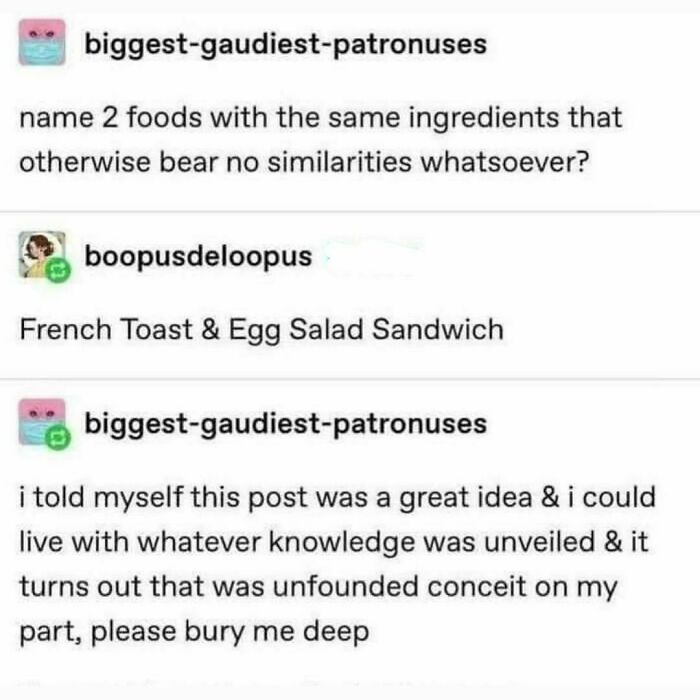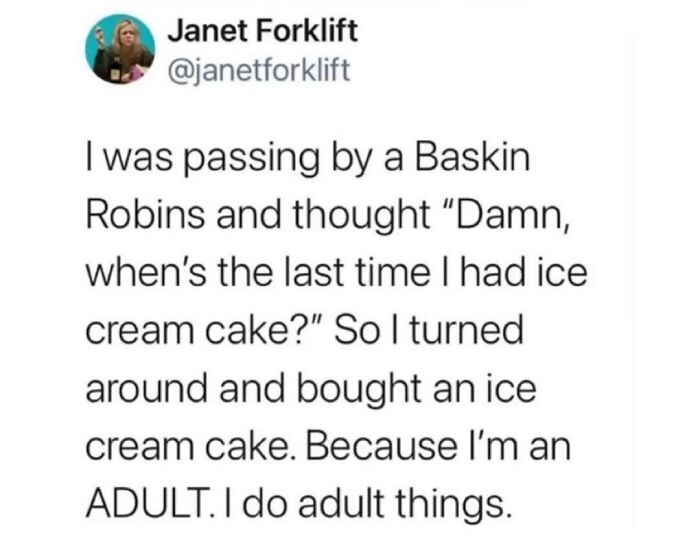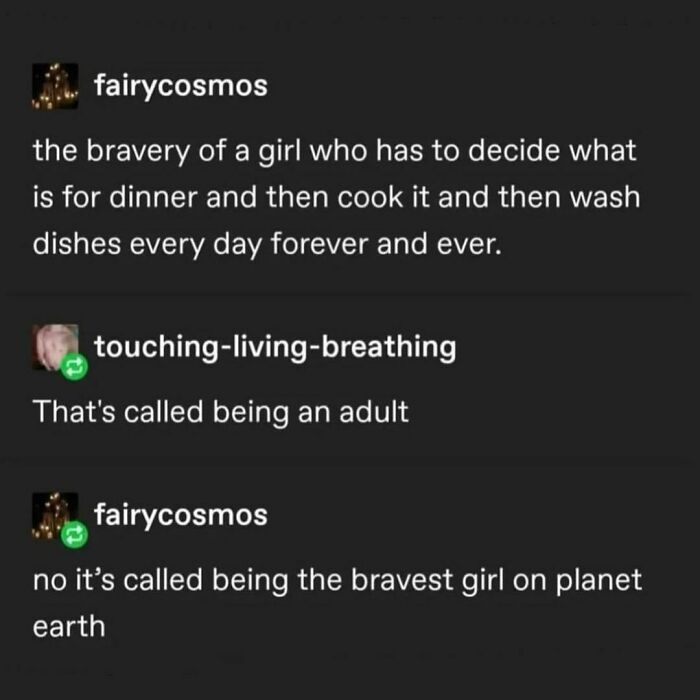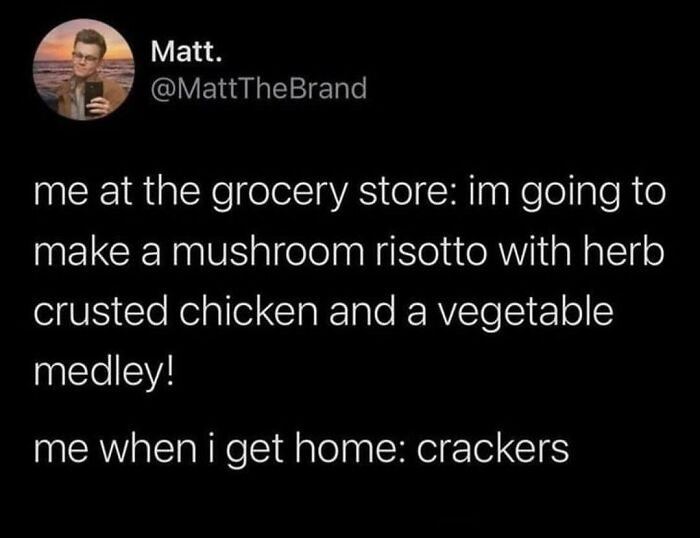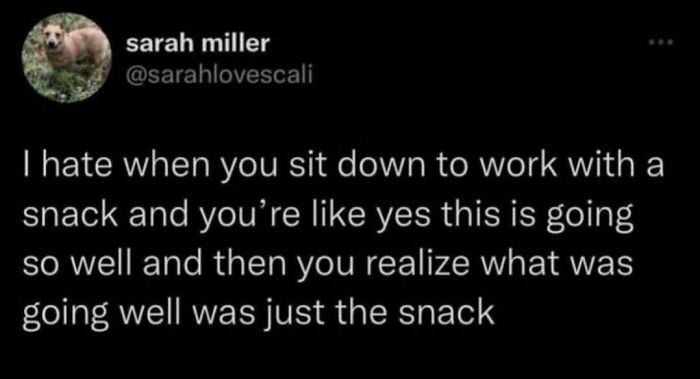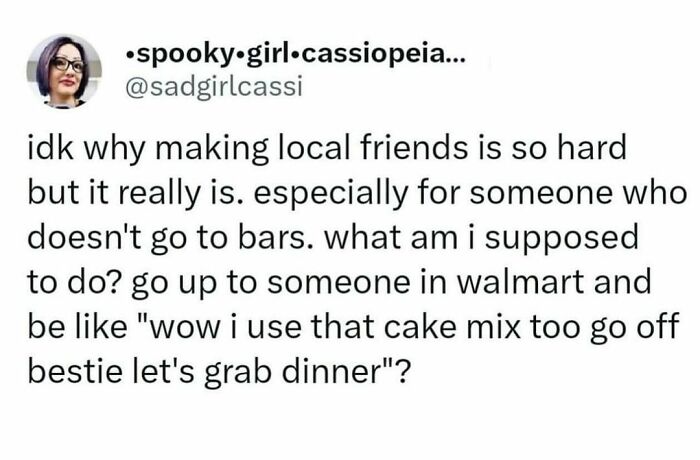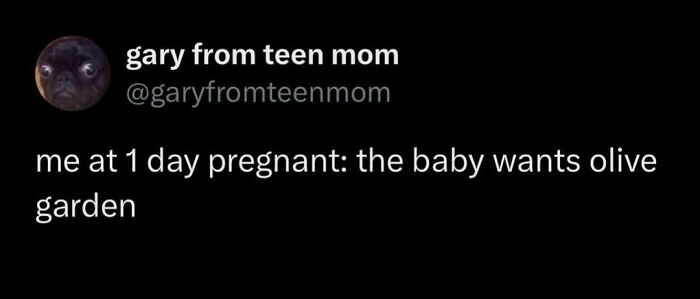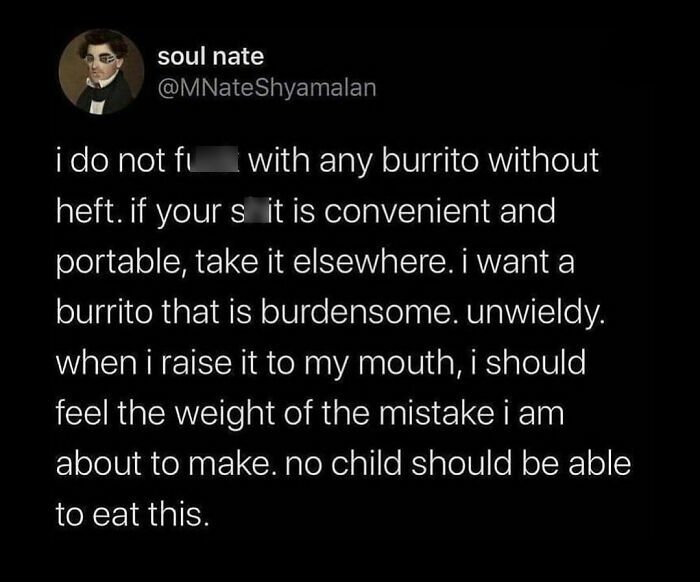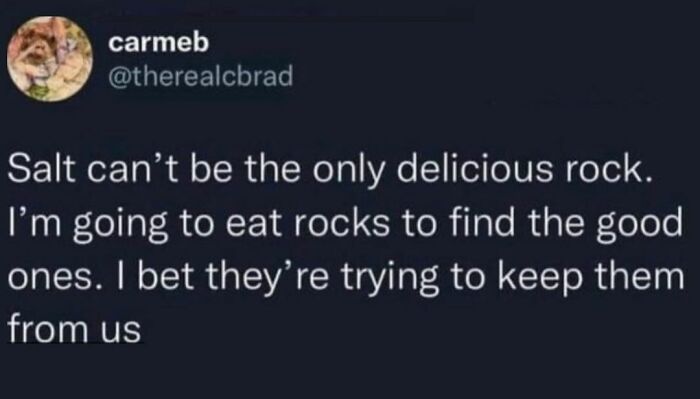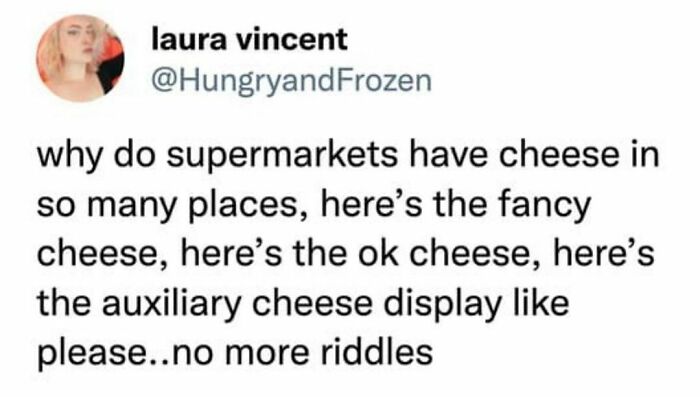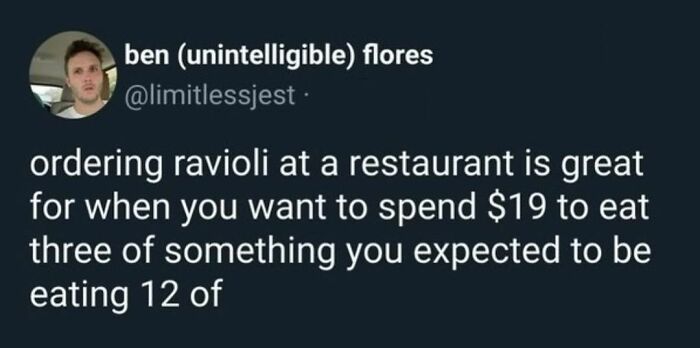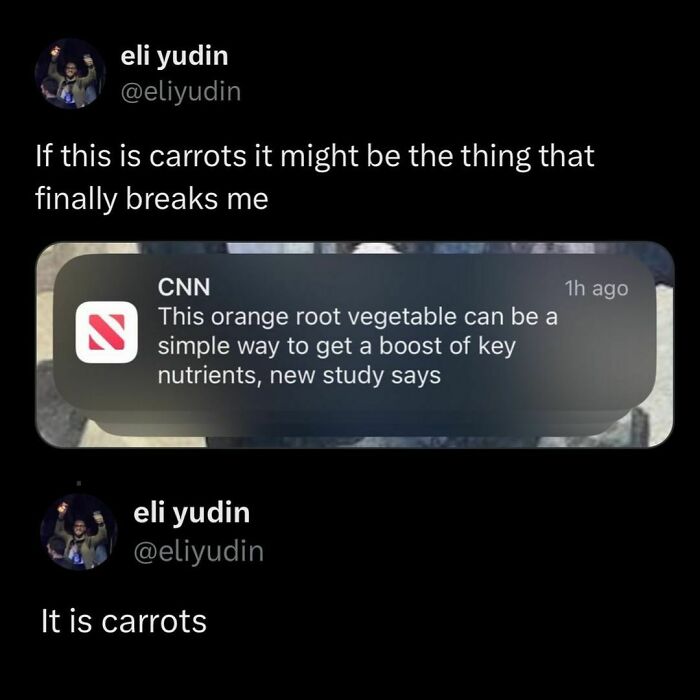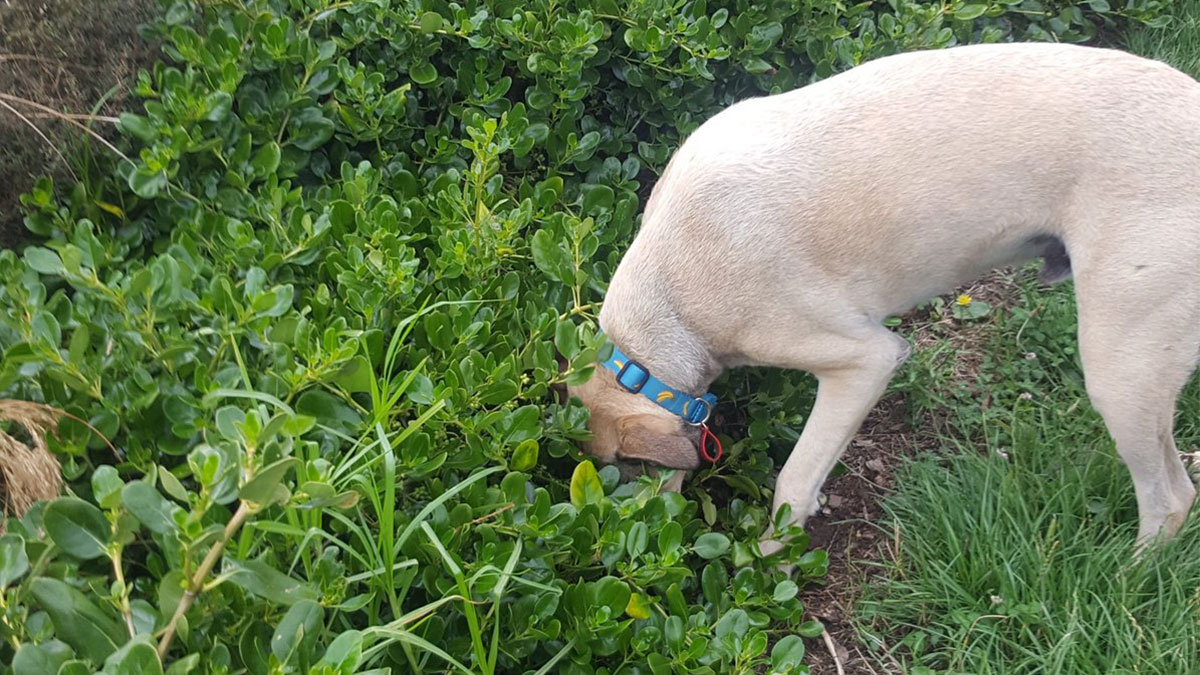
50 Deliciously Hilarious Memes That People Obsessed With Food Shared Online (New Pics)
Few pleasures in life are better than enjoying a delicious, hearty meal. But if you’re not eating, the next best thing might just be a meme that perfectly captures your love for food.
That’s why we’ve put together a new compilation of the funniest posts from the Instagram page ‘I Am Starving AF.’ Scroll down to check them out, give your favorites an upvote, and don’t be surprised if they leave you hungry for more (literally)!
This post may include affiliate links.
It’s no wonder we can’t stop thinking, talking, and even making memes about food. We eat every day, and there’s something special about how a tasty meal can lift our spirits. But what makes humans so fascinated with food? Unlike other animals that simply eat to survive, we’ve taken it to the next level—playing with flavors, experimenting with spices, baking, frying, and more.
As evolutionary biologist Darren Curnoe from UNSW explains, it likely began when our ancestors started cooking meat about a million years ago. Cooking not only made food safer by killing off harmful parasites and bacteria, but it also made it easier to chew and digest. This allowed humans to evolve with smaller teeth and weaker jaws, making space for our brains to grow bigger.
Learning to cook also meant humans didn’t need to eat as frequently. Many vegetables and other raw foods we once relied on didn’t offer much nutritional value. Cooking released more nutrients, which helped our ancestors get more energy from fewer meals—a luxury our raw-food-eating chimpanzee relatives don’t have, Curnoe notes.
But getting more calories wasn’t the main reason our ancestors decided to start cooking. “Scientists often focus on what the eventual benefit is, rather than the immediate mechanism that allowed our ancestors to make the choice. We made the choice because of deliciousness. And then the eventual benefit was more calories and fewer pathogens,” says Rob Dunn, a professor of applied ecology at North Carolina State University and author of Delicious: The Evolution of Flavour and How it Made Us Human.
Early humans who preferred the taste of cooked food over raw food started gaining an evolutionary advantage. “In general, flavour rewards us for eating the things we’ve needed to eat in the past,” Dunn says.
For example, the smell of cooked meat is much more complex than that of raw meat. So, those who developed a preference for these richer aromas were likely more evolutionarily advanced. “Meat goes from having tens of aromas to having hundreds of different aroma compounds,” adds Dunn.
As humans evolved, so did their taste receptors. For instance, the reason many of us enjoy sour foods and fermented drinks like beer and wine could be because the acid in sour foods signaled to our ancestors whether something was safe to eat.
“Most mammals have sour taste receptors,” says Dunn. “But in almost all of them, with very few exceptions, the sour taste is aversive—so most primates and other mammals, in general, will, if they taste something sour, spit it out. They don’t like it.”
According to Dunn, flavor is also what drove humans to innovate and explore. He suggests that our ancestors began using tools to reach tasty foods they couldn’t otherwise access. “If you look at what chimpanzees use tools to get, it’s almost always really delicious things, like honey,” he says.
Having a variety of tools to help them find tasty food gave our ancestors the confidence to venture into new environments, knowing they could always find something to eat, no matter the season. “It really allows our ancestors to move out into the world and do new things,” Dunn shares.
At the same time, Dunn believes humanity’s quest for delicious food has had serious consequences for other species. “We know that humans around the world hunted species to extinction, once they figured out how to hunt really effectively,” he says.
And unfortunately, we’re still guilty of this today, as overconsumption continues to harm the environment and displace many animals from their natural habitats. So while it’s understandable that we all love our meals and take pride in how creative we’ve become with food, it’s important that we start treating it more responsibly and sustainably.
Yes, and now I know exactly what I'm making for dinner later.
Load More Replies...Yes, and now I know exactly what I'm making for dinner later.
Load More Replies...
 Dark Mode
Dark Mode  No fees, cancel anytime
No fees, cancel anytime 




